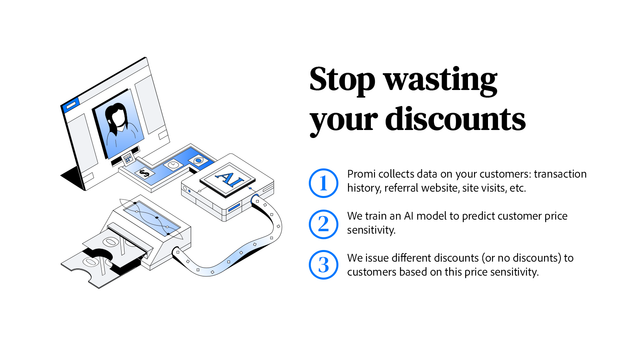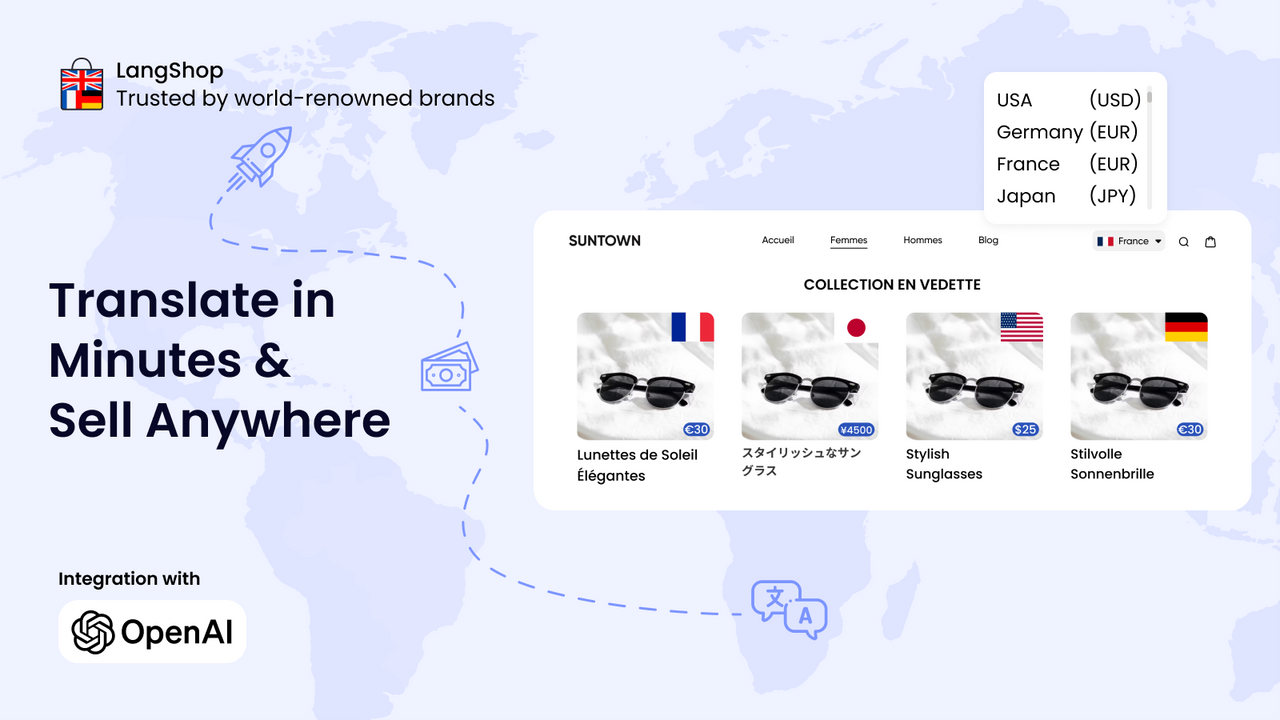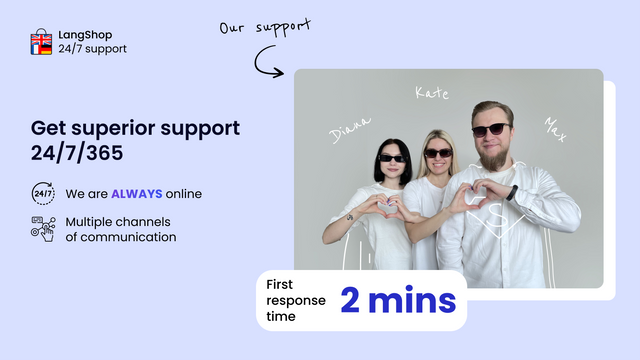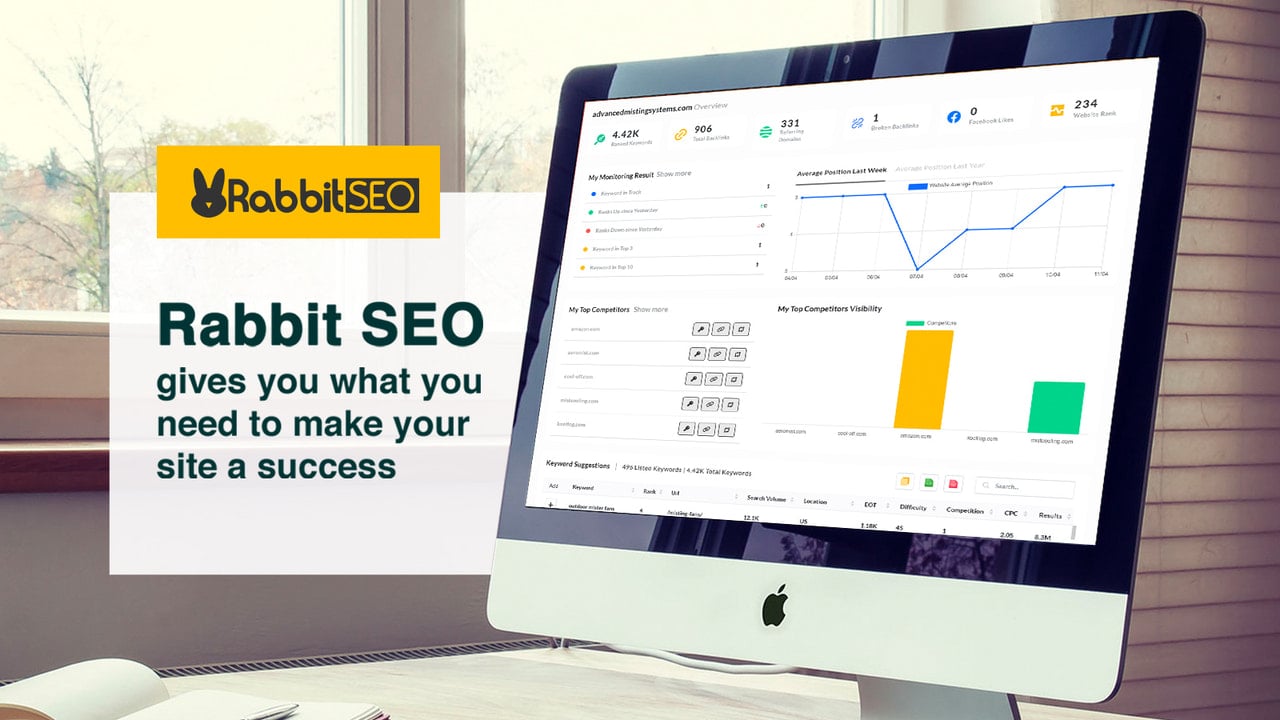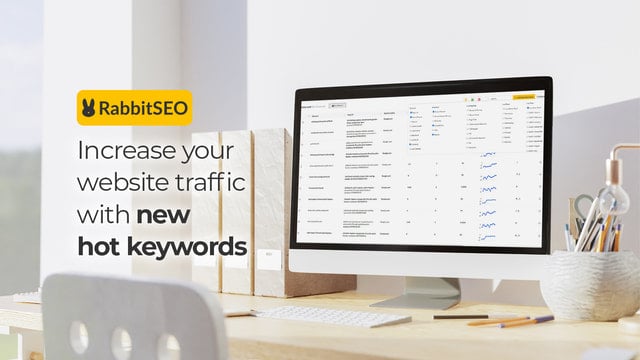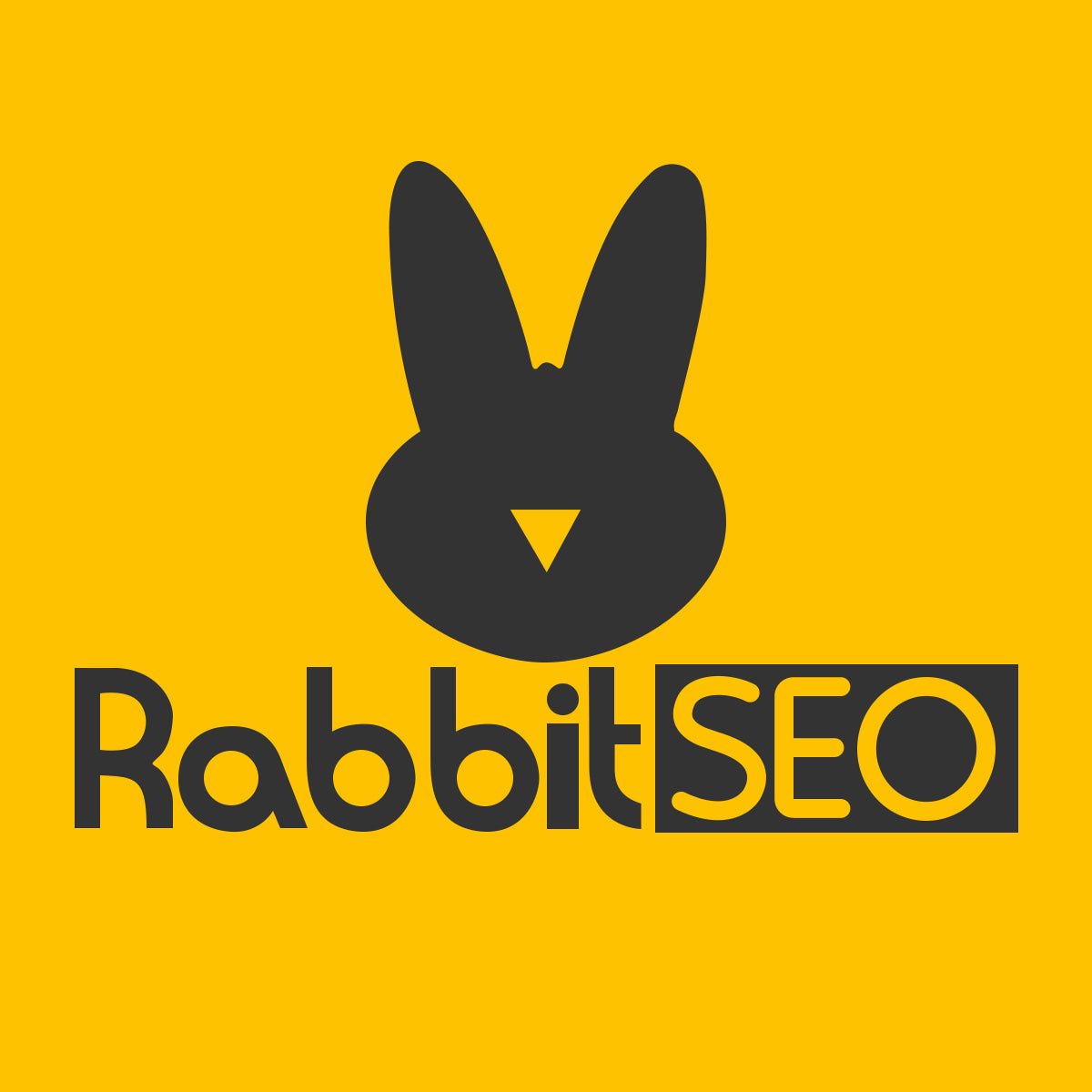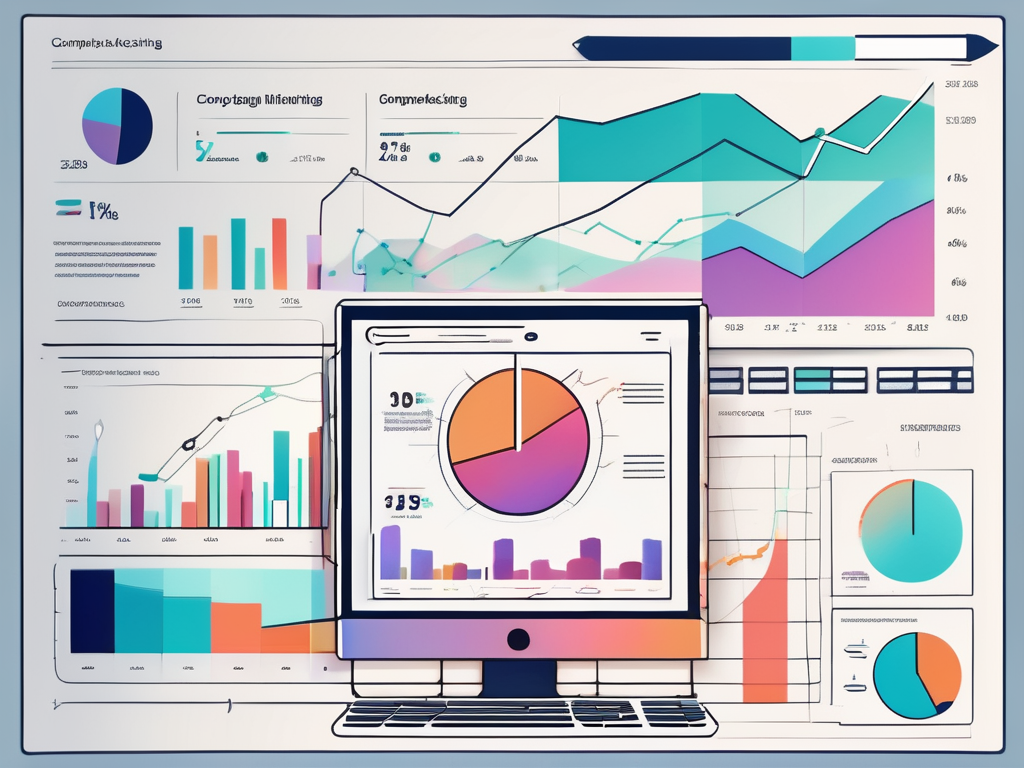Pay-per-click (PPC) marketing is an essential strategy for businesses looking to maximize their online visibility and generate leads. In this ultimate guide, we will explore the different aspects of PPC marketing, provide valuable strategies, and share tips and best practices to help you succeed in your campaigns.
Understanding PPC Marketing
The Basics of PPC Marketing
PPC marketing, also known as pay-per-click marketing, is a digital advertising model where advertisers pay a fee each time their ad is clicked. It allows businesses to bid for ad placement on search engine result pages (SERPs) and other online platforms. The ads are triggered when users search for specific keywords related to the advertiser's offerings.
But let's dive deeper into how PPC marketing works. When a user enters a search query on a search engine, an auction takes place behind the scenes. Advertisers bid on keywords that are relevant to their business, and the search engine determines the ad rank based on the bid amount and the ad's quality score. The ad rank determines the position of the ad on the SERP.
Once the ad is displayed, the advertiser is only charged when a user clicks on the ad. This pay-per-click model ensures that businesses only pay for actual clicks, making it a cost-effective advertising method.
Through PPC campaigns, businesses can drive targeted traffic to their websites, increase brand visibility, and achieve specific campaign goals such as sales, leads, or website conversions. By strategically selecting keywords and optimizing their ads, advertisers can attract users who are actively searching for products or services similar to what they offer.
The Importance of PPC in Digital Marketing
PPC advertising plays a crucial role in a comprehensive digital marketing strategy. Unlike organic search engine optimization (SEO), which takes time to yield results, PPC allows businesses to instantly appear at the top of search results, quickly reaching potential customers and generating immediate results.
One of the key advantages of PPC is its ability to provide businesses with highly targeted advertising options. Advertisers can narrow down their audience based on demographics, interests, location, and more. This level of targeting ensures that ads are shown to the right people at the right time, increasing the chances of conversions.
Moreover, PPC provides a measurable and data-driven approach to advertising. Advertisers can track various metrics such as impressions, clicks, click-through rates, and conversions. This data allows them to analyze the performance of their campaigns and make data-backed decisions to optimize their campaigns further.
Additionally, PPC platforms often offer advanced features such as remarketing, where businesses can target users who have previously visited their website. This helps in reinforcing brand awareness and increasing the likelihood of conversions.
In conclusion, PPC marketing is a powerful tool that allows businesses to reach their target audience, drive traffic to their websites, and achieve specific marketing goals. By leveraging the benefits of PPC, businesses can stay ahead of the competition in the digital landscape.
Building a Successful PPC Strategy
Pay-per-click (PPC) advertising has become a vital tool for businesses looking to increase their online visibility and drive targeted traffic to their websites. However, simply diving into PPC without a well-defined strategy can lead to wasted resources and ineffective campaigns. To ensure success, it's crucial to follow a structured approach that encompasses various key elements.
Setting Your PPC Goals
Before launching a PPC campaign, it's essential to define your goals and objectives. This step will help you align your strategy with your overall business objectives and ensure that your efforts are focused and measurable. Whether your primary focus is increasing brand awareness, generating leads, or driving direct sales, having clear goals will guide your decision-making process.
By setting specific, measurable, achievable, relevant, and time-bound (SMART) goals, you can track and evaluate your campaign's success and make adjustments as needed. For example, if your goal is to increase brand awareness, you might track metrics such as impressions, reach, and brand mentions. On the other hand, if your goal is to generate leads, you might focus on metrics like click-through rates (CTRs), conversions, and cost per lead.
Choosing the Right Keywords
Keywords play a crucial role in the success of any PPC campaign. Extensive keyword research is essential to identify the most relevant and high-performing keywords for your business. By understanding the search terms your target audience is using, you can optimize your campaign to appear in front of the right people at the right time.
Utilize keyword research tools to discover keywords with high search volume and low competition. Look for long-tail keywords that are specific to your products or services, as they often have higher conversion rates. Additionally, consider the search intent behind each keyword. Are users looking for information, ready to make a purchase, or comparing options? Aligning your chosen keywords with your campaign goals and target audience's search intent is crucial for driving relevant traffic and maximizing your return on investment (ROI).
Once you have a list of relevant keywords, it's important to optimize your campaign structure. Group keywords into tightly themed ad groups, allowing for more targeted messaging and higher ad relevance. This approach enables you to create tailored ad copies that resonate with your audience and increase the likelihood of clicks and conversions.
Creating Effective Ad Copies
Compelling ad copy is the key to capturing users' attention and enticing them to click on your ads. Your ad copy should clearly communicate the unique value proposition of your business and highlight the benefits your products or services offer. What sets you apart from your competitors? Why should users choose your business?
Experiment with different ad formats, such as expanded text ads or responsive search ads, to find what resonates best with your audience. Test different headlines, descriptions, and call-to-action (CTA) phrases to optimize your ads' click-through rates (CTRs). A well-crafted CTA can significantly impact the success of your PPC campaign, so make sure it's compelling and aligned with your campaign goals.
Furthermore, consider the user experience after the click. Ensure that your landing pages are relevant, optimized, and provide a seamless transition from the ad. A cohesive and user-friendly experience will increase the chances of conversions and enhance the overall success of your PPC campaign.
By following these key steps and continuously monitoring and optimizing your PPC campaigns, you can build a successful strategy that drives targeted traffic, increases conversions, and helps you achieve your business goals.
Tips for Optimizing Your PPC Campaigns
Improving Quality Score
Quality Score, a crucial metric in PPC advertising, affects your ad rank and cost per click (CPC). Improve your Quality Score by optimizing your ad relevancy, landing page experience, and expected click-through rate. Conduct A/B testing to identify the most effective combinations.
Ensure your landing pages are optimized for mobile devices, load quickly, and provide relevant and engaging content. Continually monitor and optimize your Quality Score to maximize your campaign's performance.
Utilizing Ad Extensions
Ad extensions enhance your ad's visibility and provide additional information to users. Utilize extensions like sitelink extensions, call extensions, and location extensions to give users more options to engage with your business.
Test different ad extensions and monitor their performance to identify which ones drive the best results. Utilizing ad extensions can improve your ad's prominence and increase the likelihood of user engagement.
Optimizing Landing Pages
When users click on your ads, they should be directed to relevant and well-designed landing pages that provide a seamless user experience. Optimize your landing pages for conversion by aligning the content with your ad's messaging, removing distractions, and having clear and persuasive CTAs.
Test different landing page elements, such as headlines, visuals, and form designs, to increase your conversion rates. Implement tracking tools to measure the performance of your landing pages and identify areas for improvement.
Best Practices in PPC Marketing
Regularly Reviewing and Adjusting Your Campaign
PPC campaigns require ongoing monitoring and optimization. Regularly review your campaign metrics, such as impressions, clicks, CTR, conversion rate, and return on ad spend (ROAS), to identify areas that need improvement.
Make data-driven adjustments to your keyword bids, ad copies, targeting settings, and landing pages based on the insights gained from your campaign's performance. Continuously refine your campaign to ensure it remains effective and aligned with your goals.
Leveraging Negative Keywords
Negative keywords play a vital role in refining your targeting and improving the relevance of your ads. Identify irrelevant search terms that trigger your ads but are unlikely to lead to conversions and add them as negative keywords.
Regularly monitor your search term reports and add negative keywords to filter out irrelevant traffic. This helps to save your ad budget and redirect it towards more relevant and valuable clicks.
Implementing A/B Testing
A/B testing allows you to compare different variations of your ads, landing pages, and other campaign elements to determine which ones perform best. Test variables such as headlines, ad copy, visuals, CTAs, and offers to identify the most effective combinations.
By continually testing and optimizing your PPC campaigns, you can uncover valuable insights and make data-backed decisions to improve your overall campaign performance.
By understanding the basics of PPC marketing, building a solid strategy, and implementing best practices, you can maximize the success of your PPC campaigns. Remember to regularly monitor and optimize your campaigns based on the data and insights gathered. With a well-executed PPC strategy, you can drive targeted traffic, increase conversions, and achieve your business goals.
Ready to elevate your Shopify store with the right apps? Let Owlfred, your wise owl companion from OwlMix, guide you through our extensive directory. With a curated selection of apps categorized for your convenience, you're just a click away from discovering innovative solutions to optimize your online business. Whether it's advertising, analytics, or enhancing customer engagement, OwlMix is your go-to resource. Find your next Shopify app and watch your e-commerce success take flight!




